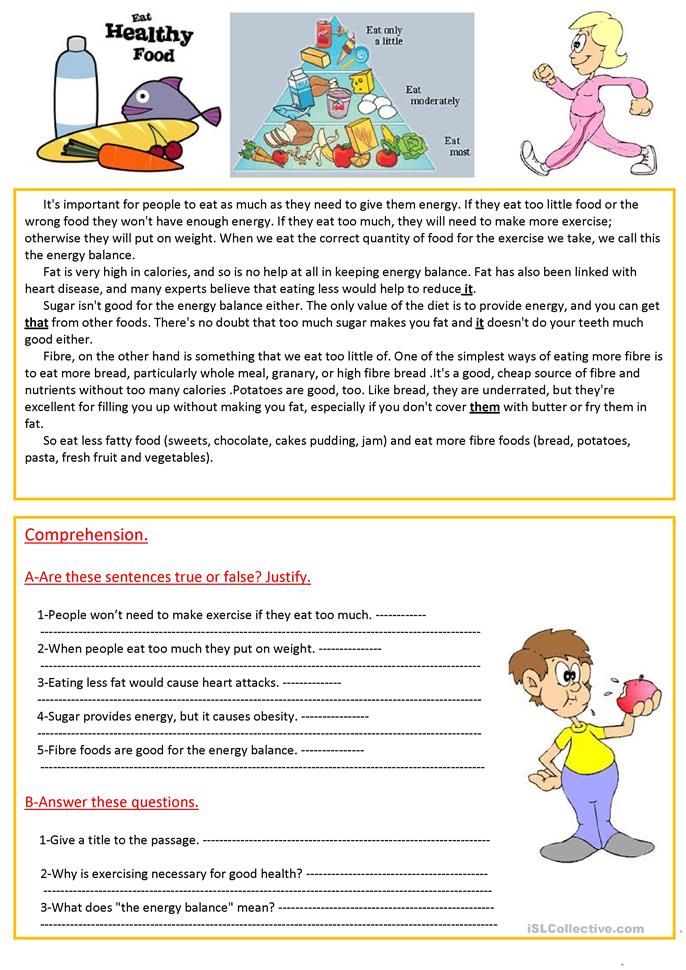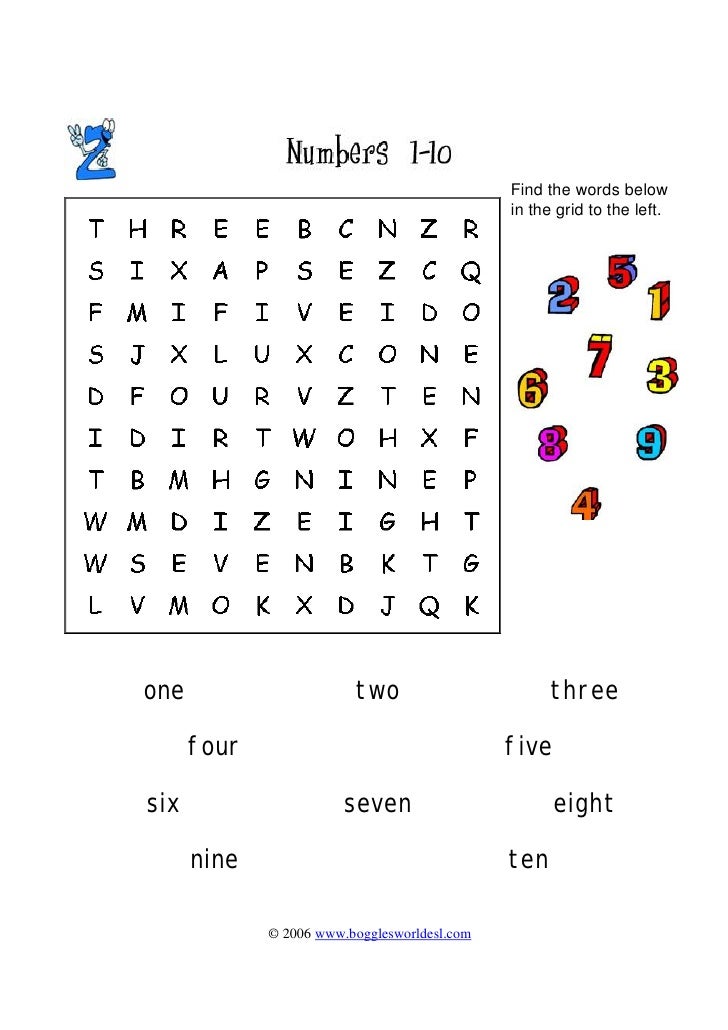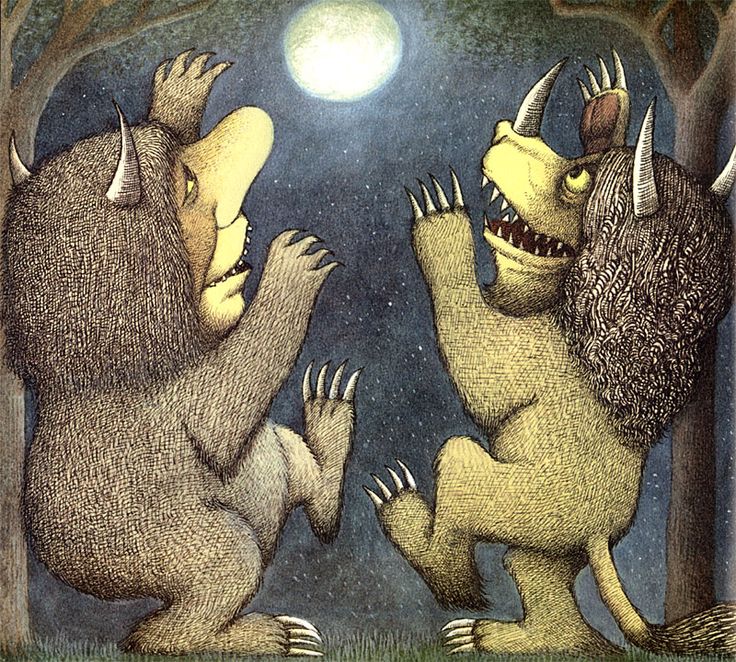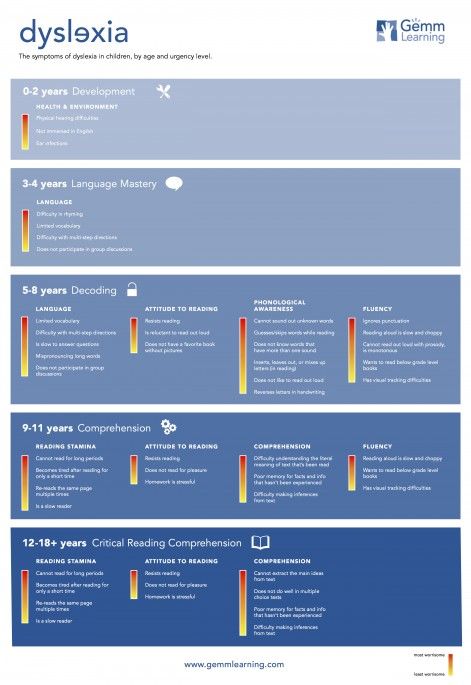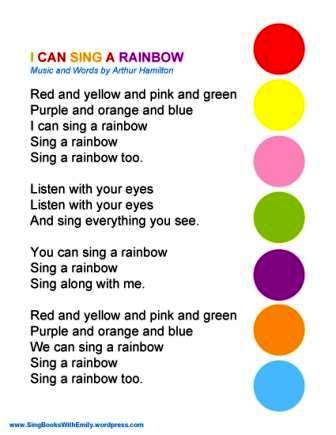Developing social skills in preschoolers
13 Social Skills Activities for Preschoolers + Milestones
- Share
The foundation for a person’s social behaviour is laid during the early years, which makes preschool a crucial time to ensure your children are learning social skills.
In this article I’ll explain briefly:
- why social skills are important
- examples of social skills for preschoolers
- the stages of social development
- social milestones by age
- 13 social skills activities for kids
Developing social skills in preschoolers is vital in order for them to be able to interact with others successfully and form healthy relationships throughout life.
As children grow, they learn about social roles, values and behaviours from the world around them.
Parents, siblings, extended family, peers and teachers all have a role to play in moulding children’s social skills.
Healthy socializing involves three general things – generosity, helpfulness and taking turns.
Generosity
Generosity is about sharing with family as well as friends. Children must also learn to respect others’ rights and possessions.
Helpfulness
Learning to be friendly, considerate and helpful must be balanced with not being overly submissive and stifling the development of their own personalities.
Taking Turns
This is one of the most important skills to learn. It is the basis of courtesy and thoughtfulness and is relevant at almost every level of life.
Children must allow others to have their turn but also have the self-confidence to insist on getting their own turn, without trying to dominate activities and conversations. The example parents set is important.
The social and emotional development of a child is an important aspect of their growth, just as much as intellectual or physical development, which we tend to pay more attention to.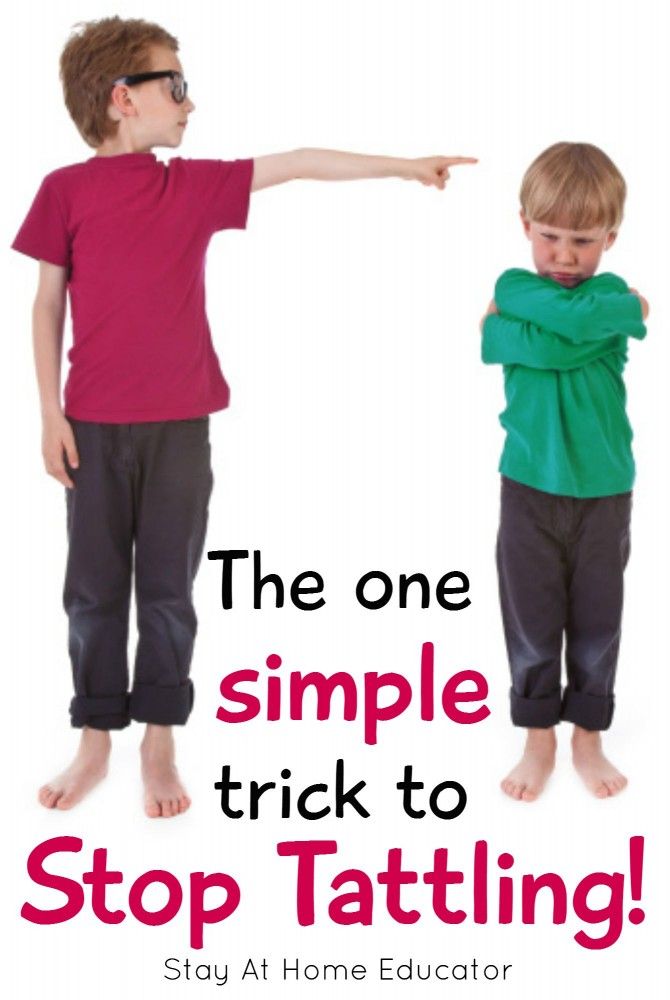
Children need to build a set of prosocial skills in order to navigate communicating with others and building relationships.
Here are some examples of social skills, as shared by Marike de Witt in her book “The Young Child in Context: A psycho-social perspective“.
These social skills, as well as the
- Cooperating
- Being helpful
- Compromising
- Giving
- Sharing
- Taking turns
- Negotiating
- Showing sympathy
- Having empathy
- Imitating
- Protecting
- Assuming responsibility
- Respecting others’ views
- Showing attachment
Antisocial behaviours prevent children from communicating effectively. These are a few examples:
- Selfishness
- Telling lies
- Aggression
- Egocentrism
- Taking others’ possessions
- Bossiness
- Destructiveness
- Prejudice
In order to help children build social skills, it is necessary to first understand the social stages and milestones they will progress through so you can support them at their stage of maturity.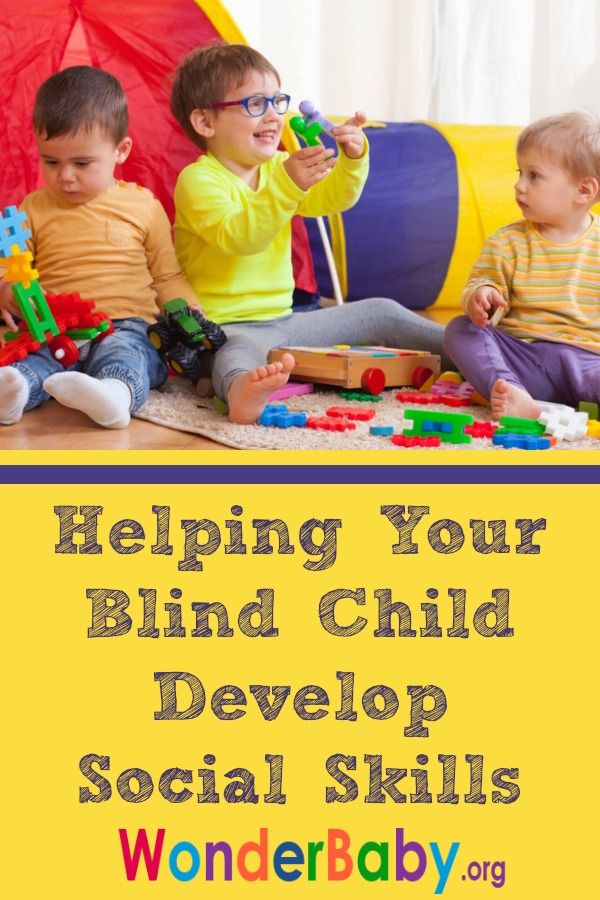
For example, there is no need to worry that your 2-year-old won’t share his toys as this is normal at his age. He is not yet mature enough to understand the concept of sharing.
De Witt divides social development into three main stages: the Infancy, Childhood and Youthful periods.
Infancy PeriodThis stage begins at birth and ends at the first signs of speech. During this stage, infants learn to tell the difference between their own bodies and the environment around them.
Social development is strongly influenced by the mother-child relationship because the way a mother cares for her child will either convey tenderness or anxiety .
Childhood PeriodThe childhood period begins when a child uses clear speech and lasts up until the need for playmates of the same age emerges.
By following the example set by the parents, a child begins to classify his own behaviour as good or bad.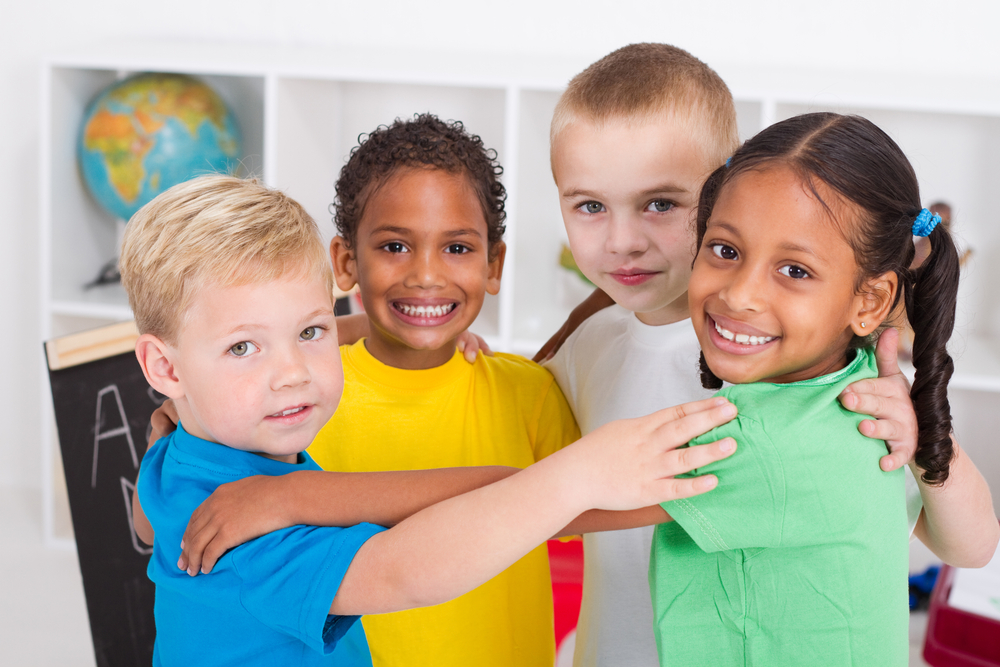 He also realizes the difference between enemies and friends.
He also realizes the difference between enemies and friends.
During this stage, children acquire language as well as cultural customs, such as hygiene, toilet or eating practices.
Youthful PeriodThis period begins when children prefer to play with others of the same age. More complex skills of interpersonal behaviour are learnt, such as cooperation, competition and compromise.
Here is a table of common milestones that occur at various ages as a child matures. It is a summary of the milestones in the book “The Young Child in Context: A psycho-social perspective“.
12 Months
- Shows affection for people she knows
- Likes to be around loved ones – to always hear or see them
- Passes an object or toy to an adult when asked, and sometimes even spontaneously
- Waves goodbye
- Begins to play games such as hide-and-seek
18 Months
- Plays alone happily but likes to be near a familiar adult or older sibling
- Likes other children but does not play with them
- Shows affection for family members, pets and dolls
- Begins to imitate people
- Repeats actions and expressions that receive a positive reaction
2 Years
- Likes people but is still egocentric
- Follows caregivers around the house and demands constant attention
- Imitates domestic activities
- May take turns but has difficulty sharing toys or adult attention
- Throws tantrums in order to be understood
- Happily plays near other children, but not yet with them (parallel play)
- Sometimes hits or bites children to get a reaction
- Can role play e.
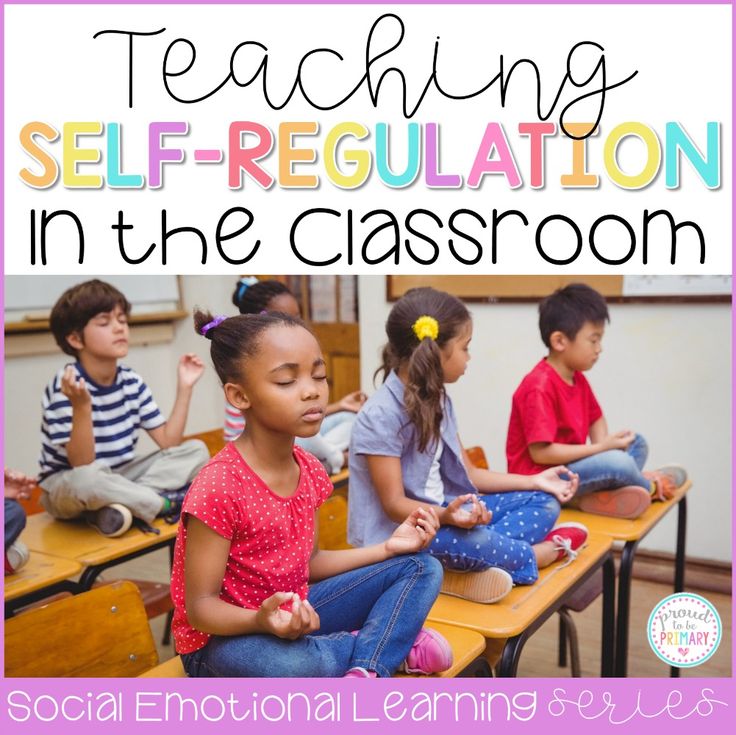 g. put a doll to sleep or wash the dishes
g. put a doll to sleep or wash the dishes
3 Years
- Begins to behave unselfishly
- Shows affection for younger siblings
- Likes helping with domestic activities such as shopping or cleaning
- Begins to share with others
- Enjoys playing alone and with other children
- Begins to show a preference for certain friends
- Begins to show sympathy when someone is upset
- Engages in make-believe play with dolls and toys and enjoys pretending to be someone else
- Still sees most things from their own perspective
- Talks about self, family and possessions
- Shows empathy with characters in stories
- Can wait for you to finish before talking
- Sometimes has an imaginary friend
4 Years
- Really enjoys the company of friends and can play in a group
- Often has a best friend
- Is strong willed
- Begins to form a sense of humour
- Understands taking turns and sharing
- Shows concern and sympathy towards younger siblings and friends
- Engages in dramatic make-believe play
- Becomes competitive
- Social skills develop such as – saying please and thank you (if taught), greeting people, talking to them, and showing respect towards others in the home
5 Years
- Behaves in a more controlled and sensible way
- Cooperates with companions and understands the need for rules and fair play
- Has a definite sense of humour
- Shows tenderness towards and is protective of younger children and pets
- Enjoys competitive games
- Enjoys fantasy games
- Chooses own friends (usually of the same sex)
- Begins to learn the value of compromise and negotiation
As you can see, sharing is a struggle for very young children.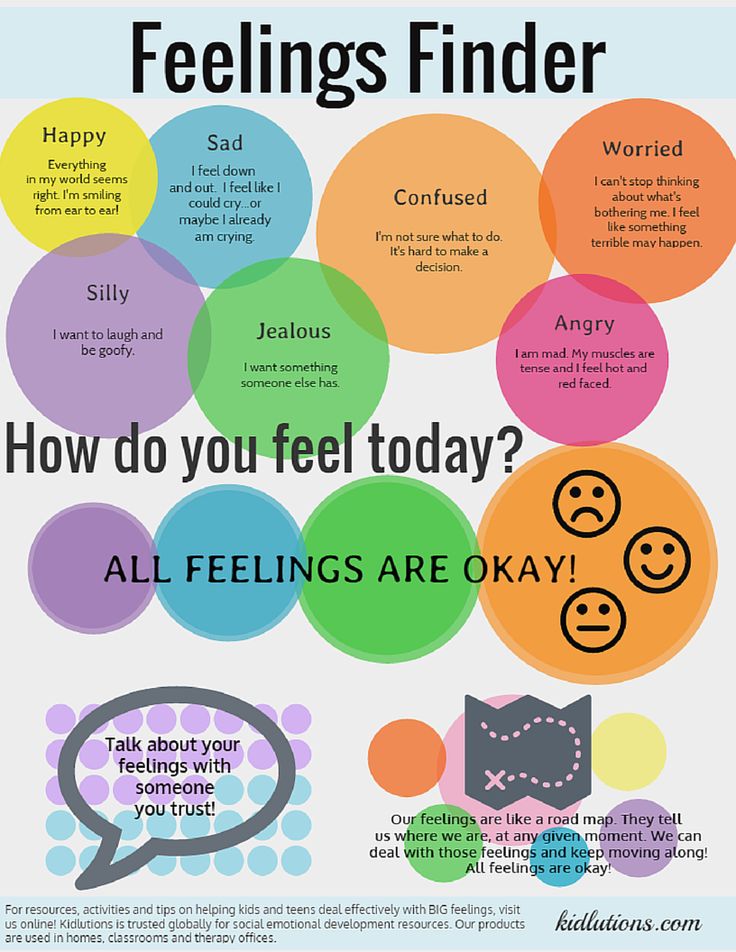 The advice is usually to divert and redirect attention when dealing with toddlers [source].
The advice is usually to divert and redirect attention when dealing with toddlers [source].
The most important activity your children can engage in, in order to develop their social skills, is play.
When preschool children play together they learn together.
Here are some reasons play is important for your child’s social development.
- It teaches cooperation and how to take turns
- Children are able to try different roles and personalities
- Play teaches children to verbalize their needs
- Kids learn to lead and follow
- It provides a broad base for the use of social language skills
- Children learn to respect others’ rights and possessions
- They develop an awareness of themselves as a member of a group
- Through play, they understand their own culture and values
- They gain knowledge about society’s rules and about group responsibility
- Play develops a positive self-image and self-concept
- It teaches how to participate in a group
- It promotes gender-role identification
- Children develop common goals and interests as they play together
- They learn to see others’ perspectives
- Children experience delight when playing
If you are wondering what activities would be most effective to help a child develop positive social skills, the answer is that you don’t really need a list of specific activities to “teach” them about socializing.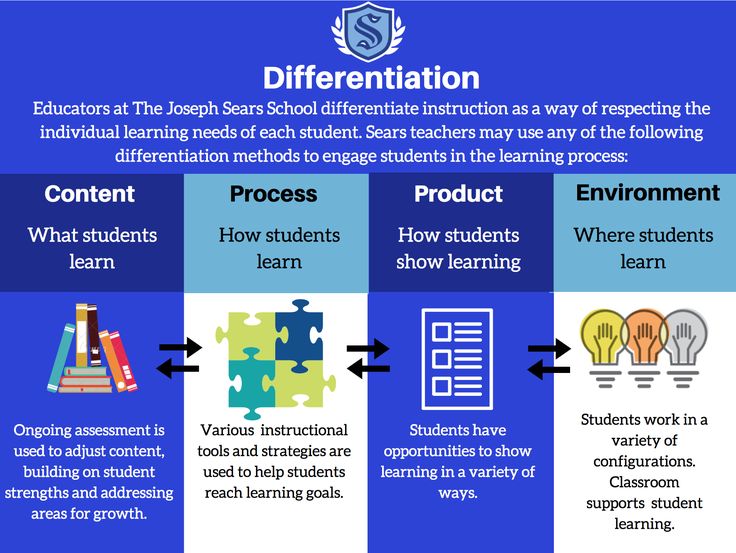
Rather, it is about giving them enough opportunities to play and interact and encouraging certain types of games and activities that involve interaction and cooperation.
You can discuss or play social skills games around topics like feelings and how to cope with conflict, but it will only be through experiencing these feelings and conflicts that your children will really learn these lessons and understand these concepts in a meaningful way.
Here are some simple social development activities for 3-5-year-olds.
1.
PlaydatesInvite friends over for a playdate and take your children to play with friends as often as you can. Playing with siblings is also good interaction.
The more opportunities your child has to mix with others, the more they will practise socializing.
Don’t leave your young child alone with a friend if he is not yet comfortable. Give him time to build trust.
2.
Group GamesPlay group games that involve taking turns and following rules.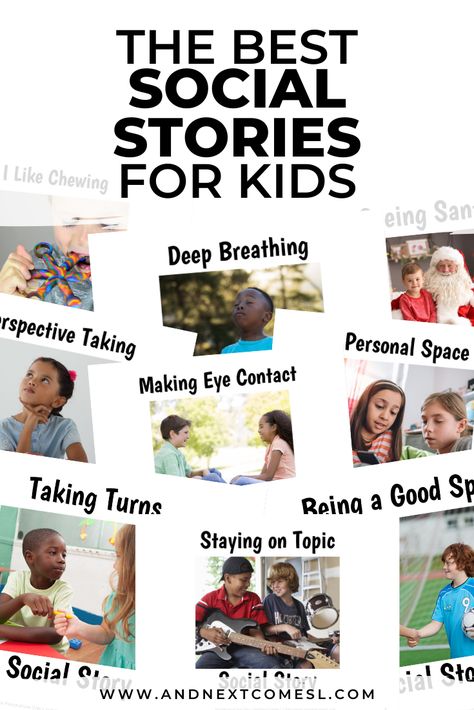
Children will learn with time that social interaction is fun and that in order for the game to work, they need to consider each other and all be active participants.
Also, encourage musical games such as musical chairs where there are rules to follow and children have to compete while still considering each other and being comfortable with losing sometimes (e.g. if your friend gets to a chair before you).
This takes maturity to understand.
3.
Board GamesBoard games are an excellent activity for older preschool children. These should have multiple players (even if you start with 2), rules and an objective (e.g. in Snakes and Ladders the objective is to reach the end first).
It can be a complex task for a child to learn to follow rules and keep the game positive while competing with friends or family members.
Younger children can start with simple card games or very basic board games.
4.
Fantasy PlayFantasy, or dress-up play, is an important part of learning to socialize.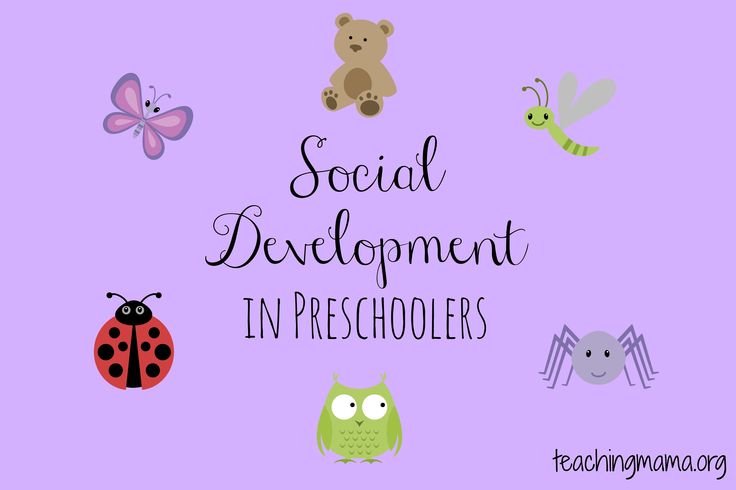 During this kind of play, children make sense of their world and the people around them by role-playing.
During this kind of play, children make sense of their world and the people around them by role-playing.
This is how they “practise” being an adult, behaving and interacting as an adult would. They also act out their own social customs and norms.
Fantasy play is a great social learning activity for children playing with one or more friends, as well as for smaller children playing alone.
Even though the child is alone, the activity revolves around pretending to interact with others, which is a great way to safely act out an interaction.
Provide opportunities at home by having a dress-up section in your child’s room. Provide different themed clothes and props and change them frequently to encourage new ideas.
5.
BlocksWhen children play with blocks together, they initially play alongside each other, building their own structures.
With time and maturity, they begin to share blocks, take an interest in each other’s structures and finally end up building something together.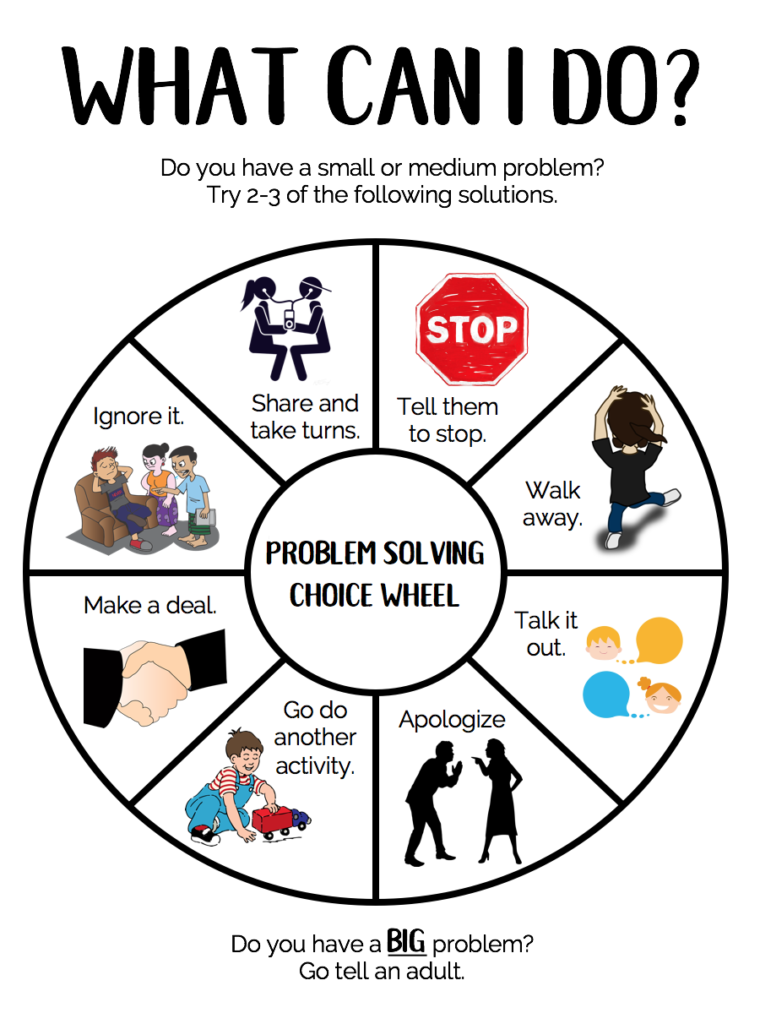
This is one of those activities where you will see this progression clearly.
By the time children are building together, they are learning to share, listen to each other’s ideas, problem-solve, organize, share opinions, negotiate, compromise and work towards a common goal.
6.
Sensory PlaySensory play is a fun activity that children love to do together. Whether they are playing with water, mud or sand, there is much sharing, negotiating and cooperation. It also often leads to fantasy play.
7.
Creative PlayWhen children are involved in creative activities such as drawing, painting, cutting, pasting or moulding playdough, they are often deep in conversation at the same time.
These activities usually happen around a table where the children are sitting calmly and are fully engaged with their playmates.
Some of the most intriguing and complex socializing I have witnessed has been around an art table.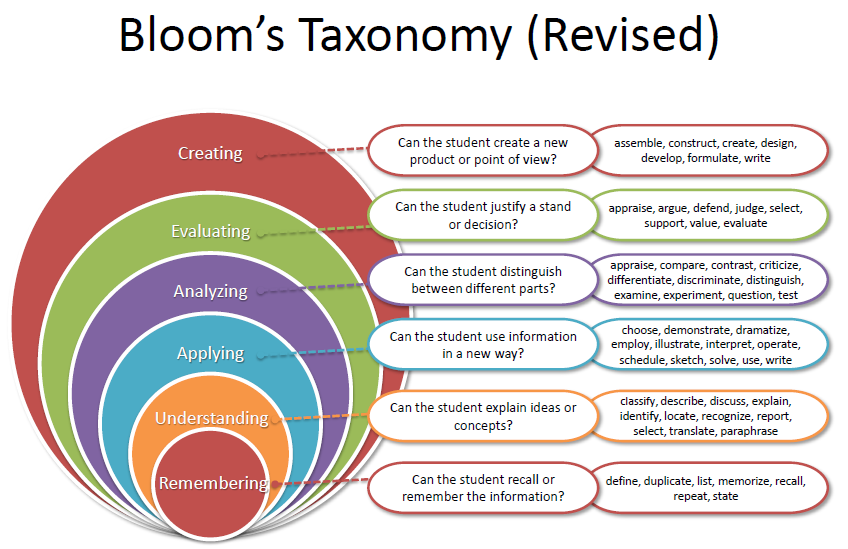
8.
ReadingReading to a child is my absolute favourite activity and one with so many benefits. Stories are all about people and animals and their relationships and interactions.
Read to your child daily and she will constantly be listening to how characters socialize, deal with problems, show emotions and generally interact.
You may find it hard to explain to a young child what empathy is, for example, but you can certainly teach the message with a story and let your child experience this trait on her own through listening.
9.
DiscussionsAlong with reading, discussions are another way to teach your children social skills.
Use every opportunity possible to discuss how your children feel, to talk about their friendships and even discuss the characters in the stories and how they handled certain situations.
When your children experience conflict with a friend, discussing possible solutions or how they can handle it is a far more educational experience than immediately intervening.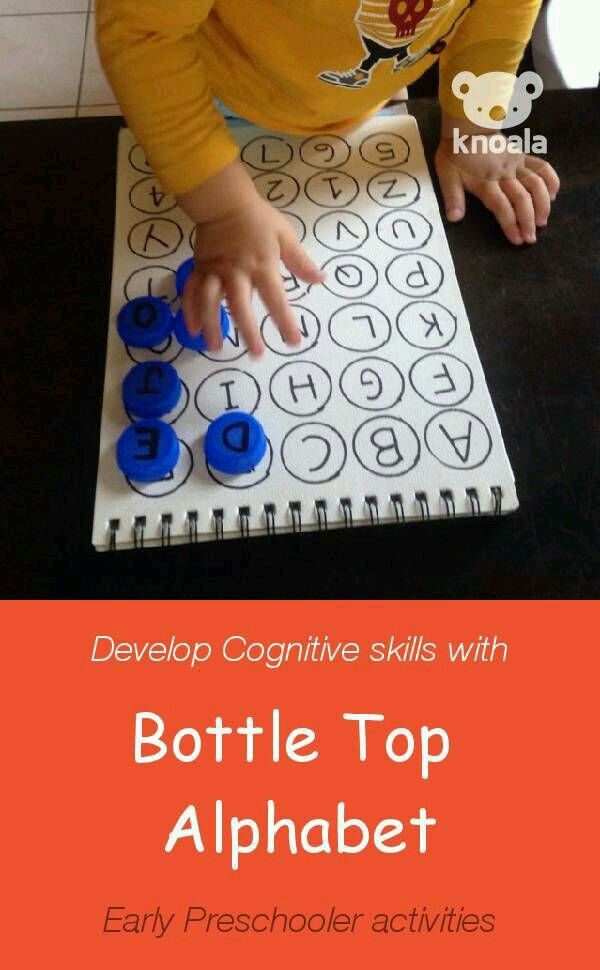
In my experience teaching in the classroom, the children who had lovely manners were taught at home as toddlers. Those who hadn’t been taught seldom spontaneously said please or thank you without being constantly prompted and reminded.
It is too late to teach a 3 or 4-year-old manners and courtesy. Start as early as possible.
11.
Free PlayThe best socializing and learning occurs naturally – when children are playing freely with each other.
You may choose to present and encourage certain activities, such as an art project, but know that any time spent playing with others is time they are learning valuable social skills.
Try not to let screen time or too many planned activities get in the way of real play and socializing.
…and don’t forget these two important points:
12.
Build a Healthy Relationship With Your ChildA child’s primary relationship – with his parents – is the basis for all future socializing.
The relationship should be warm and close. Your child should feel love, security, acceptance, trust and self-esteem.
13.
Model Positive BehaviourChildren learn about socially acceptable behaviour by watching their parents. They learn more from watching you than from listening to you.
I hope you enjoyed these ideas and activities for developing social skills in preschoolers.
Join Empowered Parents + and you’ll receive a downloadable set of printable puzzles, games and short stories, as well as the Learning Through Play Activity Pack which includes an entire year of activities for 3 to 6-year-olds.
Access is free forever.
Signing up for a free Grow account is fast and easy and will allow you to bookmark articles to read later, on this website as well as many websites worldwide that use Grow.
- Share
Social Development in Preschoolers - HealthyChildren.
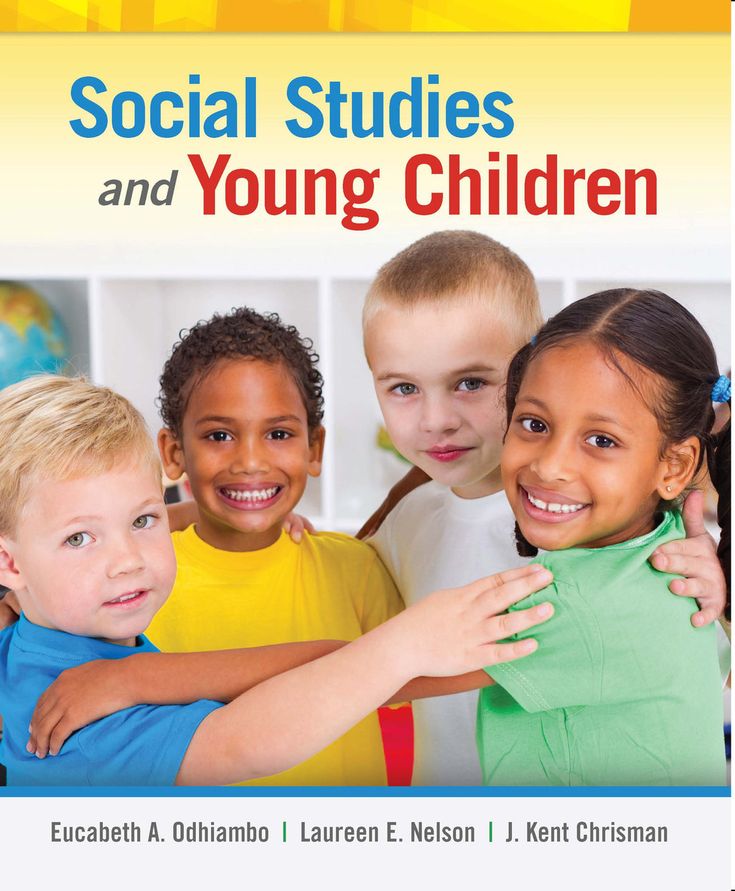 org
orgDuring your child's preschool-age years, they'll discover a lot about themselves and interacting with people around them.
Once they reach age three, your child will be much less selfish than they were before. They'll also be less dependent on you, a sign that their own sense of identity is stronger and more secure. Now they'll actually play with other children, interacting instead of just playing side by side. In the process, they'll recognize that not everyone thinks exactly as they do and that each of their playmates has many unique qualities, some attractive and some not. You'll also find your child drifting toward certain kids and starting to develop friendships with them. As they create these friendships, children discover that they, too, each have special qualities that make them likable—a revelation that gives a vital boost to self-esteem.
There's some more good news about your child's development at this age: As they become more aware of and sensitive to the feelings and actions of others, they'll gradually stop competing and will learn to cooperate when playing with her friends.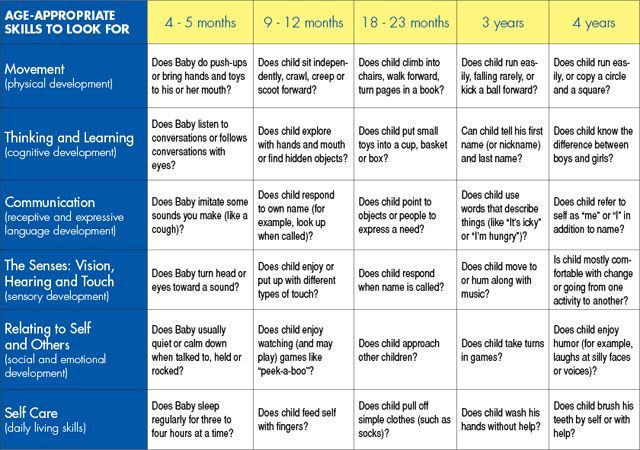 They take turns and share toys in small groups, though sometimes they won't. But instead of grabbing, whining, or screaming for something, they'll actually ask politely much of the time. You can look forward to less aggressive behavior and calmer play sessions. Three-year-olds are able to work out solutions to disputes by taking turns or trading toys.
They take turns and share toys in small groups, though sometimes they won't. But instead of grabbing, whining, or screaming for something, they'll actually ask politely much of the time. You can look forward to less aggressive behavior and calmer play sessions. Three-year-olds are able to work out solutions to disputes by taking turns or trading toys.
Learning how to cooperate
However, particularly in the beginning, you'll need to encourage this cooperation. For instance, you might suggest that they "use their words" to deal with problems instead of acting out. Also, remind them that when two children are sharing a toy, each gets an equal turn. Suggest ways to reach a simple solution when your child and another child want the same toy, such as drawing for the first turn or finding another toy or activity. This doesn't work all the time, but it's worth a try. Also, help children with the appropriate words to describe their feelings and desires so that they don't feel frustrated.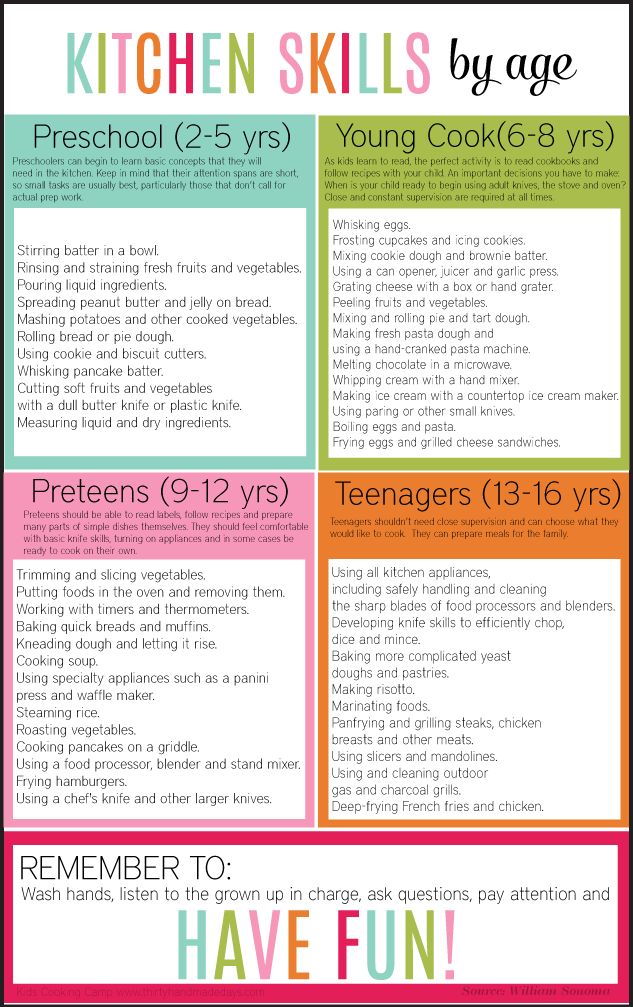 Above all, show by your own example how to cope peacefully with conflicts. If you have an explosive temper, try to tone down your reactions in their presence. Otherwise, they'll mimic your behavior whenever they're under stress.
Above all, show by your own example how to cope peacefully with conflicts. If you have an explosive temper, try to tone down your reactions in their presence. Otherwise, they'll mimic your behavior whenever they're under stress.
When anger or frustration gets physical
No matter what you do, however, there probably will be times when your child's anger or frustration becomes physical. When that happens, restrain them from hurting others, and if they don't calm down quickly, move them away from the other children. Talk to them about her feelings and try to determine why they're so upset. Let them know you understand and accept her feelings, but make it clear that physically attacking another child is not a good way to express these emotions.
Saying sorry
Help them see the situation from the other child's point of view by reminding them of a time when someone hit or screamed at them, and then suggest more peaceful ways to resolve their conflicts. Finally, once they understand what they've done wrong—but not before—ask them to apologize to the other child.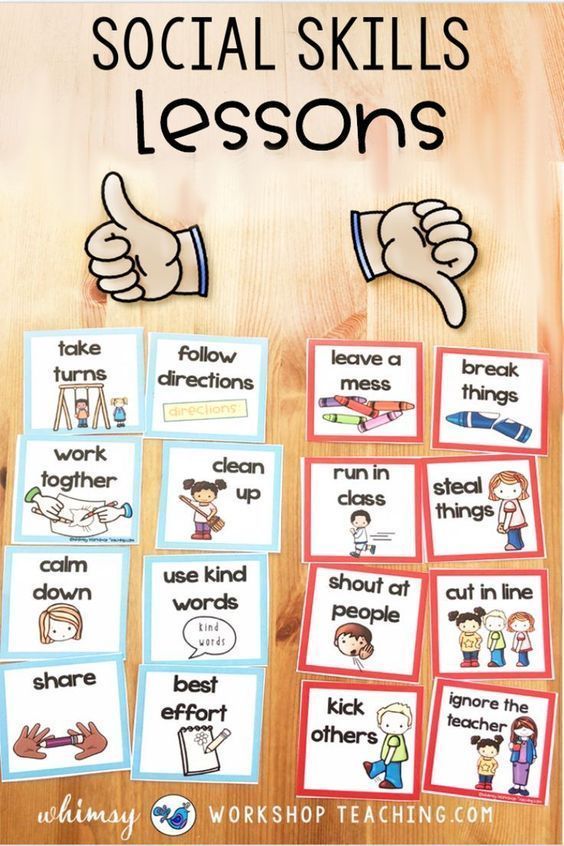 However, simply saying "I'm sorry" may not help your child correct their behavior; they also needs to know why they're apologizing. They may not understand right away, but give it time; by age four these explanations will begin to mean something.
However, simply saying "I'm sorry" may not help your child correct their behavior; they also needs to know why they're apologizing. They may not understand right away, but give it time; by age four these explanations will begin to mean something.
Make-believe play
Fortunately, the normal interests of three-year-olds keep fights to a minimum. They spend much of their playtime in fantasy activity, which tends to be more cooperative than play that's focused on toys or games. As you've probably already seen, preschooler enjoy assigning different roles in an elaborate game of make-believe using imaginary or household objects. This type of play helps develop important social skills, such as taking turns, paying attention, communicating (through actions and expressions as well as words), and responding to one another's actions. And there's still another benefit: Because pretend play allows children to slip into any role they wish—including superheroes or the fairy godmother—it also helps them explore more complex social ideas. Plus it helps improve executive functioning such as problem-solving
Plus it helps improve executive functioning such as problem-solving
By watching the role-playing in your child's make-believe games, you may see that they're beginning to identify their own gender and gender identity. While playing house, boys naturally will adopt the father's role and girls the mother's, reflecting whatever they've noticed in the hemworld around them.
Development of gender roles & identity
Research shows that a few of the developmental and behavioral differences that typically distinguish boys from girls are biologically determined. Most gender-related characteristics at this age are more likely to be shaped by culture and family. Your daughter, for example, may be encouraged to play with dolls by advertisements, gifts from well-meaning relatives, and the approving comments of adults and other children. Boys, meanwhile, may be guided away from dolls in favor of more rough-and-tumble games and sports. Children sense the approval and disapproval and adjust their behavior accordingly.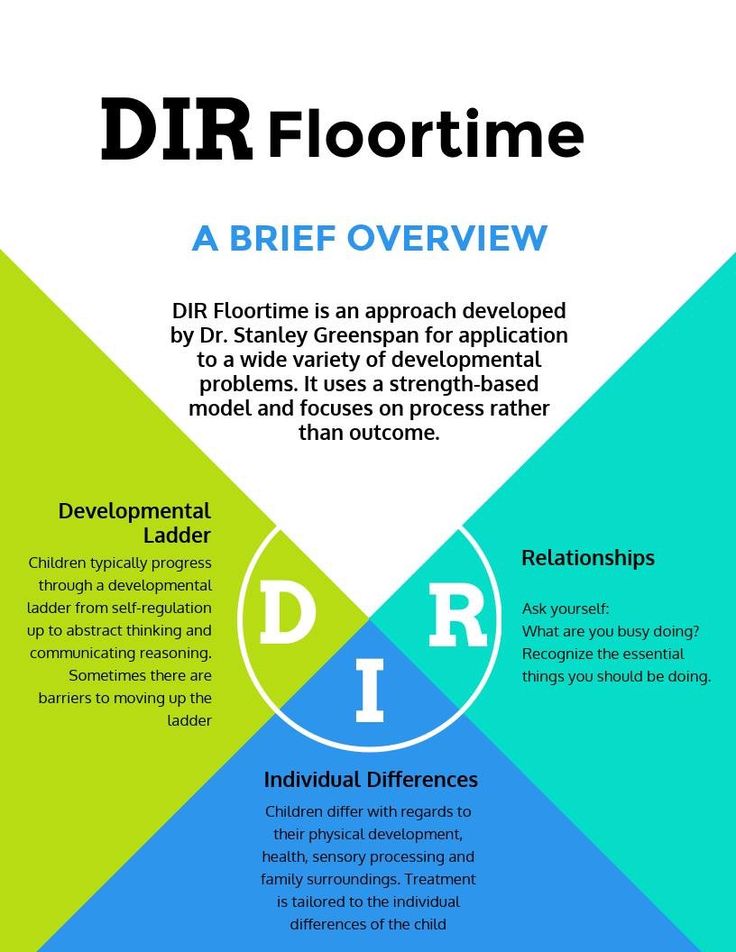 Thus, by the time they enter kindergarten, children's gender identities are often well established.
Thus, by the time they enter kindergarten, children's gender identities are often well established.
As children start to think in categories, they often understand the boundaries of these labels without understanding that boundaries can be flexible; children this age often will take this identification process to an extreme. Girls may insist on wearing dresses, nail polish, and makeup to school or to the playground. Boys may swagger, be overly assertive, and carry their favorite ball, bat, or truck everywhere.
On the other hand, some girls and boys reject these stereotypical expressions of gender identity, preferring to choose toys, playmates, interests, mannerisms, and hairstyles that are more often associated with the opposite sex. These children are sometimes called gender expansive, gender variant, gender nonconforming, gender creative, or gender atypical. Among these gender expansive children are some who may come to feel that their deep inner sense of being female or male—their gender identity—is the opposite of their biologic sex, somewhere in between male and female, or another gender; these children are sometimes called transgender.
Given that many three-year-old children are doubling down on gender stereotypes, this can be an age in which a gender-expansive child stands out from the crowd. These children are normal and healthy, but it can be difficult for parents to navigate their child's expression and identity if it is different from their expectations or the expectations of those around them.
Experimenting with gender attitudes & behaviors
As children develop their own identity during these early years, they're bound to experiment with attitudes and behaviors of both sexes. There's rarely reason to discourage such impulses, except when the child is resisting or rejecting strongly established cultural standards. If your son wanted to wear dresses every day or your daughter only wants to wear sport shorts like her big brother, allow the phase to pass unless it is inappropriate for a specific event. If the child persists, however, or seems unusually upset about their gender, discuss the issue with your pediatrician.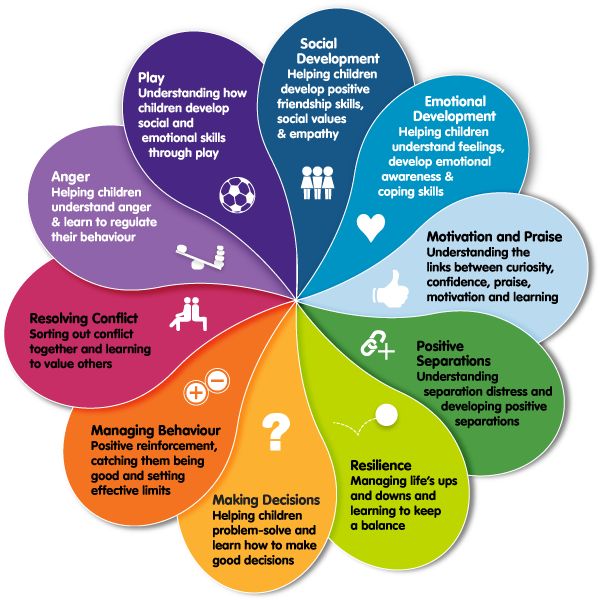
Your child also may imitate certain types of behavior that adults consider sexual, such as flirting. Children this age have no mature sexual intentions, though; they mimic these mannerisms. If the imitation of sexual behavior is explicit, though, they may have been personally exposed to sexual acts. You should discuss this with your pediatrician, as it could be a sign of sexual abuse or the influence of inappropriate media or videogames.
Play sessions: helping your child make friends
By age four, your child should have an active social life filled with friends, and they may even have a "best friend." Ideally, they'll have neighborhood and preschool friends they see routinely. But what if your child is not enrolled in preschool and doesn't live near other children the same age? In these cases, you might arrange play sessions with other preschoolers. Parks, playgrounds, and preschool activity programs all provide excellent opportunities to meet other children.
Once your preschooler has found playmates they seems to enjoy, you need to take initiative to help build their relationships.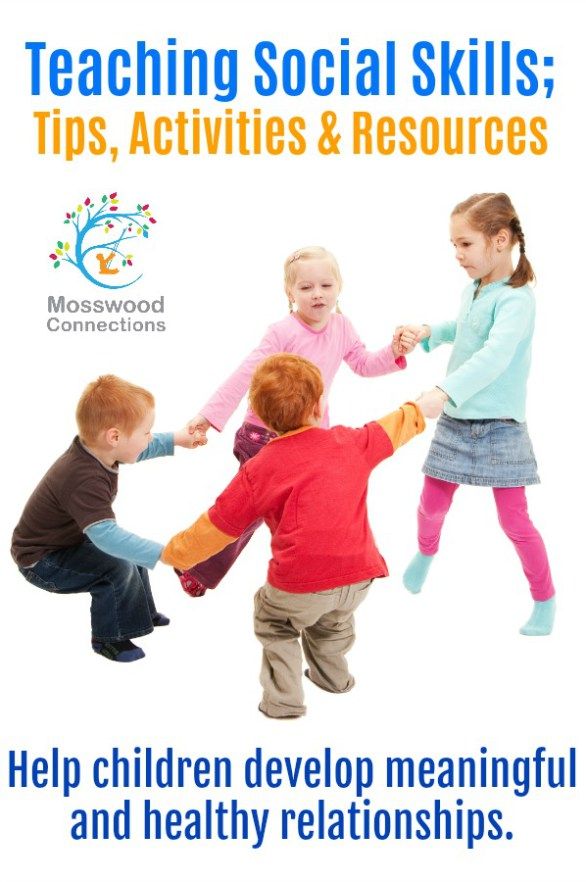 Encourage them to invite these friends to your home. It's important for your child to "show off" their home, family, and possessions to other children. This will establish a sense of self-pride. Incidentally, to generate this pride, their home needn't be luxurious or filled with expensive toys; it needs only be warm and welcoming.
Encourage them to invite these friends to your home. It's important for your child to "show off" their home, family, and possessions to other children. This will establish a sense of self-pride. Incidentally, to generate this pride, their home needn't be luxurious or filled with expensive toys; it needs only be warm and welcoming.
It's also important to recognize that at this age your child's friends are not just playmates. They also actively influence their thinking and behavior. They'll desperately want to be just like them, even when they break rules and standards you've taught them rrm birth. They now realize there are other values and opinions besides yours, and they may test this new discovery by demanding things you've never allowed him—certain toys, foods, clothing, or permission to watch certain TV programs.
Testing limits
Don't despair if your child's relationship with you changes dramatically in light of these new friendships. They may be rude to you for the first time in their life.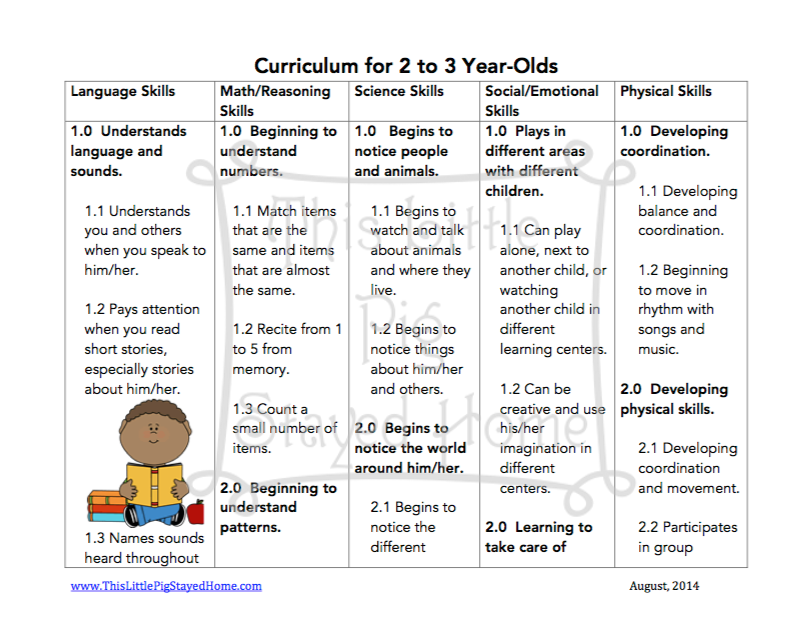 Hard as it may be to accept, this sassiness actually is a positive sign that they're learning to challenge authority and test their independence. Once again, deal with it by expressing disapproval, and possibly discussing with them what they really mean or feel. If you react emotionally, you'll encourage continued bad behavior. If the subdued approach doesn't work and they persist in talking back to you, a time-out (or time-in) is the most effective form of punishment.
Hard as it may be to accept, this sassiness actually is a positive sign that they're learning to challenge authority and test their independence. Once again, deal with it by expressing disapproval, and possibly discussing with them what they really mean or feel. If you react emotionally, you'll encourage continued bad behavior. If the subdued approach doesn't work and they persist in talking back to you, a time-out (or time-in) is the most effective form of punishment.
Bear in mind that even though your child is exploring the concepts of good and bad, they still have an extremely simplified sense of morality. When they obey rules rigidly, it's not necessarily because they understand them, but more likely because they wants to avoid punishment. In their mind, consequences count but not intentions. When theybreaks something of value, they'll probably assume they are bad, even if they didn't brea it on purpose. They need to be taught the difference between accidents and misbehaving.
Separate the child from their behavior
To help them learn this difference, you need to separate them from their behavior.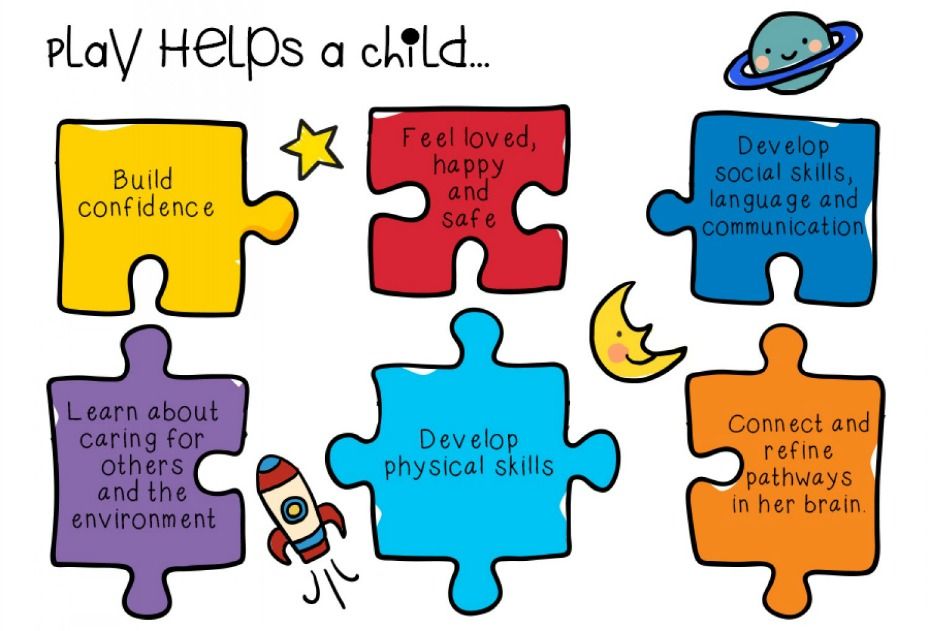 When they do or say something that calls for punishment, make sure they understand they are being punished for the act not because they're "bad." Describe specifically what they did wrong, clearly separating person from behavior. If they are picking on a younger sibling, explain why it is wrong rather than saying "You're bad." When they do something wrong without meaning to, comfort them and say you understand it was unintentional. Try not to get upset, or they'll think you're angry at them rather than about what they did.
When they do or say something that calls for punishment, make sure they understand they are being punished for the act not because they're "bad." Describe specifically what they did wrong, clearly separating person from behavior. If they are picking on a younger sibling, explain why it is wrong rather than saying "You're bad." When they do something wrong without meaning to, comfort them and say you understand it was unintentional. Try not to get upset, or they'll think you're angry at them rather than about what they did.
It's also important to give your preschooler tasks that you know they can do and then praise them when they do them well. They are ready for simple responsibilities, such as setting the table or cleaning their room. On family outings, explain that you expect them to behave well, and congratulate them when they do. Along with responsibilities, give them ample opportunities to play with other children, and tell him how proud you are when they shares or is helpful to another child.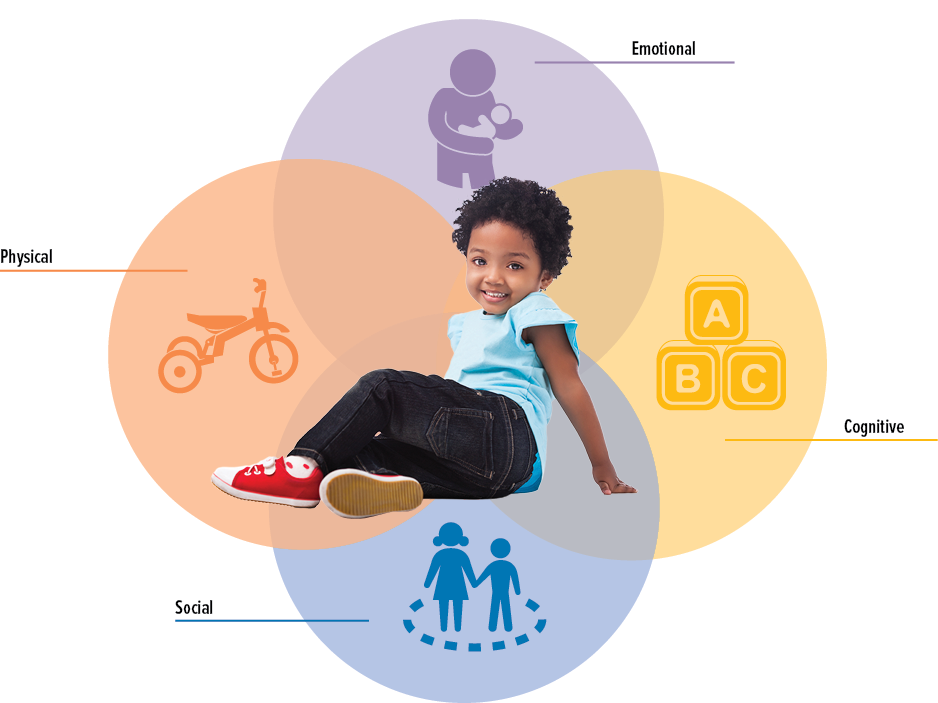
Sibling relationships
Finally, it's important to recognize that the relationship with older siblings can be particularly challenging, especially if the sibling is three to four years older. Often your four-year-old is eager to do everything their older sibling is doing; just as often, your older child resents the intrusion. They may resent the intrusion on their space, their friends, their more daring and busy pace, and especially their room and things. You often become the mediator of these squabbles. It's important to seek middle ground. Allow your older child their own time, independence, and private activities and space; but also foster cooperative play appropriate. Family vacations are great opportunities to enhance the positives of their relationship and at the same time give each their own activity and special time.
The information contained on this Web site should not be used as a substitute for the medical care and advice of your pediatrician.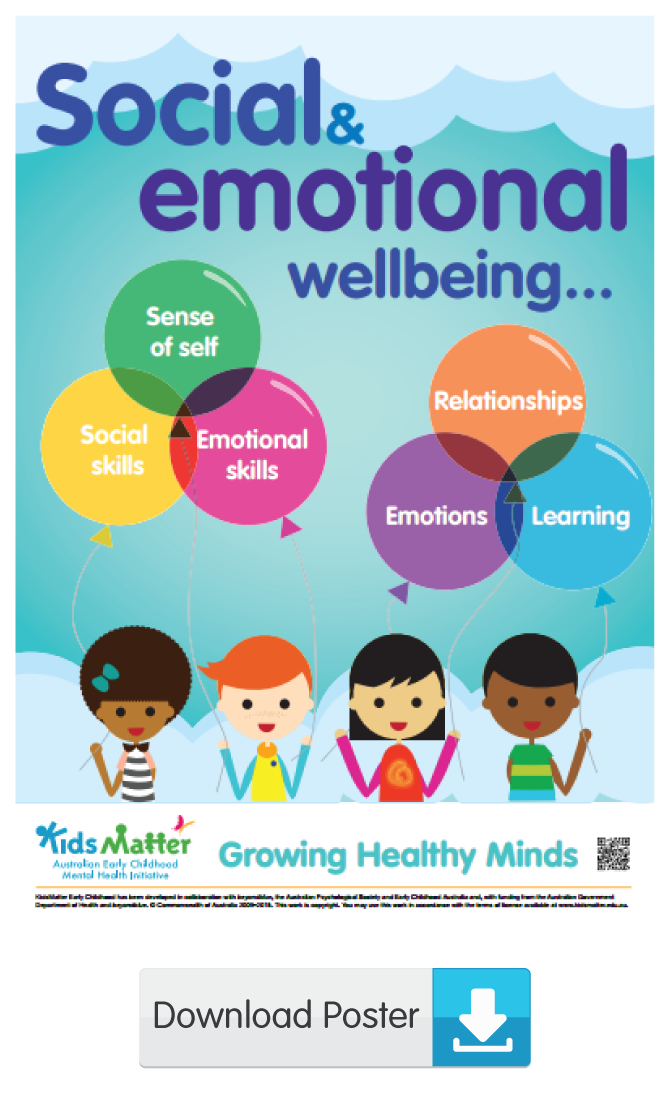 There may be variations in treatment that your pediatrician may recommend based on individual facts and circumstances.
There may be variations in treatment that your pediatrician may recommend based on individual facts and circumstances.
Social skills of preschoolers - the development of social skills in children
The development of social skills is a necessary point of education. A child with a high degree of socialization will quickly get used to kindergarten, school, any new team; in the future will easily find a job. Social skills have a positive effect on interpersonal relationships - friendship, the ability to cooperate.
Let's figure out what social skills are.
What are social skills and why develop them?
Social skills - a group of skills, abilities that are formed during the interaction of a person with society and affect the quality of communication with people.
Man is a social being: all our talents and aspirations are realized thanks to other members of the group. Others evaluate our actions, approve or condemn our behavior. It is difficult to reach the pinnacle of self-actualization alone.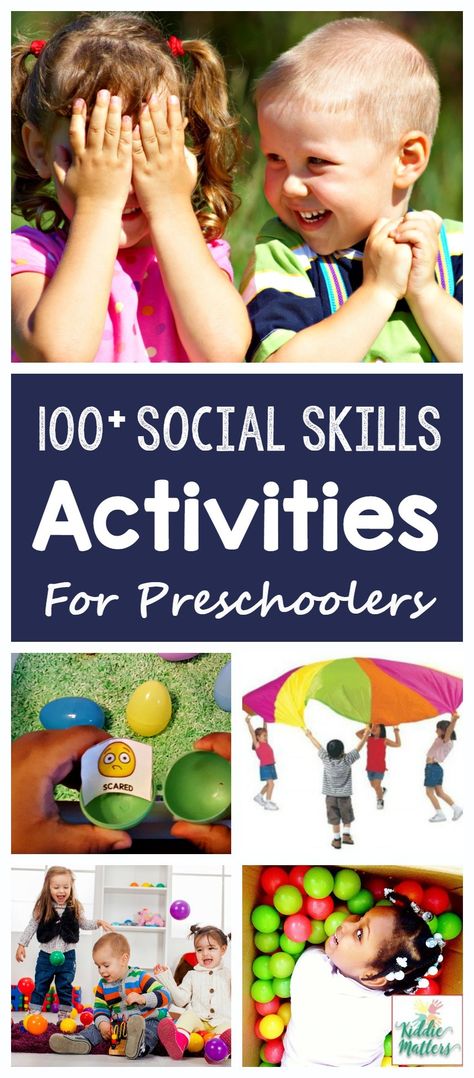
That is why social skills are important. They should be developed from early childhood and honed throughout life.
Social skills are a reflection of the child's emotional intelligence, to which educators and teachers assign an important role in the process of personality development. Without this group of skills, a smart child will not be able to apply the acquired knowledge in practice: it is not enough to create something outstanding, you need to be able to correctly convey thoughts to the public.
Sometimes people mistakenly believe that social skills relate exclusively to the topic of communication, communication. In fact, skills include many multidirectional aspects: an adequate perception of one's own individuality, the ability to empathize, work in a team, etc.
Why do we need social skills?
- Regulate the area of interpersonal relationships: the child easily makes new friends, finds like-minded people.
- Minimize psychological stress: children with developed social skills quickly adapt, do not feel sad due to changes in external circumstances.
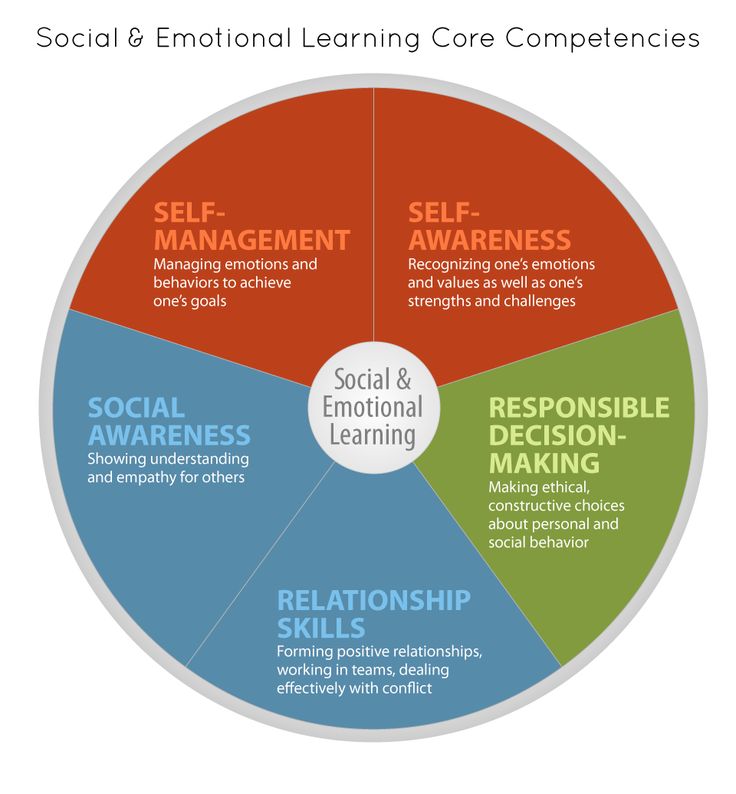
- They form an adequate self-esteem from childhood, which positively affects life achievements and development in adulthood.
- Social skills cannot be separated from building a successful career: the best specialists must not only understand the profession, but also have high emotional intelligence.
Development of social skills in a child
Social skills need to be developed from preschool age, but older children and even teenagers may well learn to interact with the world.
It is recommended to pay attention to areas of life that bring discomfort to the child, significantly complicate everyday life.
- Friends, interesting interlocutors: the kid does not know how to join the team, he prefers to sit in the corner while the others play.
- Verbal difficulties. The child does not understand the rules of conversation, is poorly versed in the formulas of etiquette (when you need to say hello, say goodbye, offer help).

- Problems with the non-verbal side of communication. Such a baby does not recognize the shades of emotions, it is difficult to understand how others relate to him. Cannot "read" faces and gestures.
- Does not know the measure in expressing a point of view: too passive or, conversely, aggressive.
- The child bullies classmates (participates in bullying) or is a victim.
In case of severe moral trauma, one should consult a psychologist: for example, school bullying is a complex problem that children are not able to cope with on their own. The involvement of parents and teachers is required.
In other cases, family members may well be able to help the child develop social skills.
What are the general recommendations?
1. Be patient
Don't push your child to get the job done. Let them take the initiative: for example, do not rush to help during school gatherings, let the baby work on the problem on his own.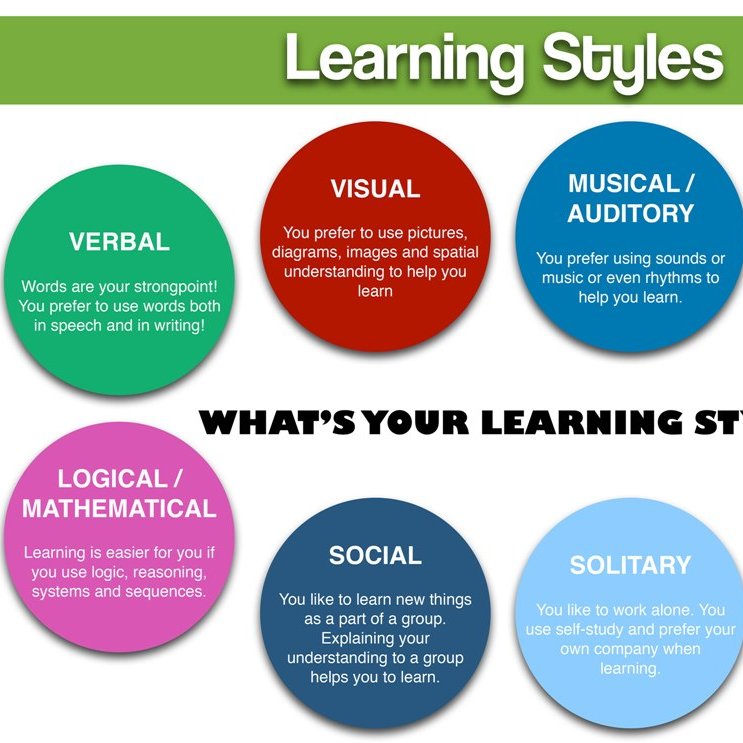 The same goes for lessons and other activities.
The same goes for lessons and other activities.
2. Support undertakings
Children's dreams seem trifling to adults, but the initiative turns into a habit over the years and helps to discover new projects, meet people, and experiment.
3. Criticize the right way
When making negative comments, remember the golden rule of criticism: analyze the work, highlighting both positive and negative sides in a polite manner. Commenting on the specific actions of the child, and not his personality or appearance - this will lead to problems with self-esteem.
4. The right to choose
It is important for children to feel that their voice is taken into account and influences the course of events. Invite your child to personally choose clothes, books, cartoons. Ask about ideas, plans: “We are going to have a rest together at the weekend. What are your suggestions?
5. Personal space
Make sure that the baby has a place where he can be alone and take a break from talking. Personal things should not be touched: rearrange without prior discussion, read correspondence with friends, check pockets, etc.
Children, noticing the respectful attitude of adults, quickly begin to pay in the same coin; the atmosphere in the family becomes warm and trusting.
What social skills should be developed in a child?
Let's dwell on the main qualities and skills, the development of which is worth paying attention to.
1. The ability to ask, accept and provide help
Without the ability to ask for help, the child will deprive himself of valuable advice; the lack of the ability to accept help will lead to losses, and the inability to provide help will make the baby self-centered.
- Let the child help those in need: for example, a lagging classmate.
- Explain to your child that getting help from friends and teachers is not a shame.
- Show by personal example that mutual help enriches experience: tell how you exchange advice with colleagues, friends.
2. The ability to conduct a conversation and get the right information
Being a good conversationalist is difficult, but the skill is honed over time and brings a lot of benefits.
- Prompt your child for dialogue development options: for example, you can start a conversation with a relevant question, a request for help.
- Do not leave the child in the role of a silent listener: when discussing pressing issues at home, ask the opinion of the baby.
- Support children's public speaking: presentations at school, performances, funny stories surrounded by loved ones will add confidence.
3. Empathy
Empathy is the ability to recognize the emotions of others, put yourself in the place of another person, empathize.
This ability will make the child humane, prudent. How can it be developed?
- Start by recognizing the child's feelings - it is useless to listen to people if the person does not feel personal experiences.
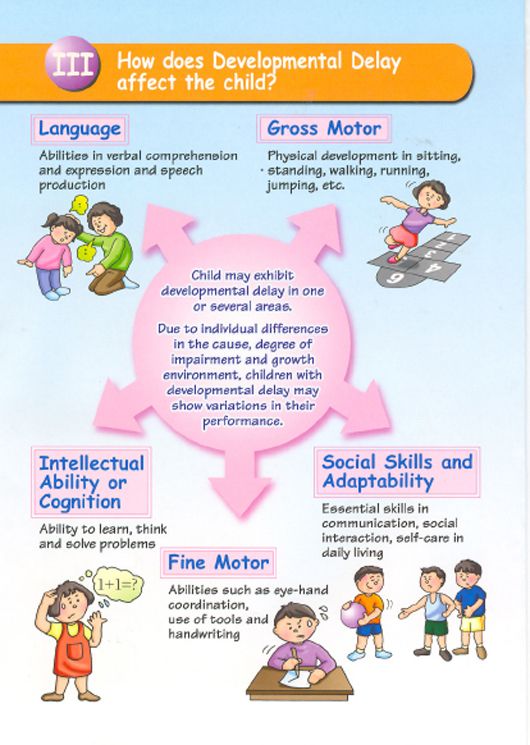 Ask your baby: “How do you feel after a quarrel with friends?”, “Do you want to relax today?”
Ask your baby: “How do you feel after a quarrel with friends?”, “Do you want to relax today?” - After conflicts with classmates, ask your child how the children with whom the quarrel may feel now.
- While watching cartoons, reading books, pay your child's attention to the emotional state of the characters.
4. Ability to work in a team
Many children can easily cope with tasks alone, but this is not a reason to refuse to work in a team. It gives the opportunity to exchange ideas and experience, delegate tasks, achieve goals faster and more efficiently.
- If the child does not communicate with members of the team, try to introduce him to another social group: for example, the lack of communication with classmates can be compensated by a circle of interests, where the child will feel calmer.
- Make the family a friendly team in which the child has his own "duties": for example, do housework, remind parents of upcoming events.
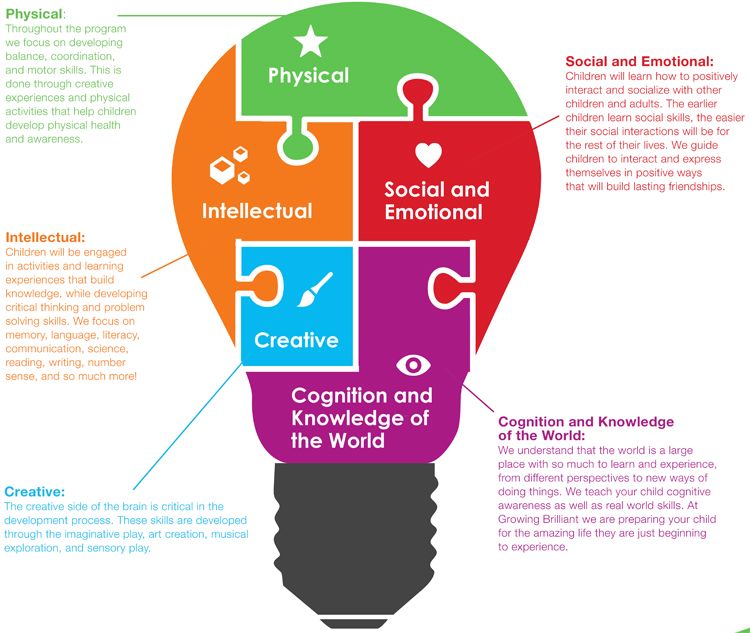 Any activity related to the well-being of other family members will do.
Any activity related to the well-being of other family members will do.
5. Respect for personal boundaries
The absence of an obsessive desire to interfere in other people's lives is a valuable skill that helps to win people's sympathy.
- Respect the child's personal boundaries: do not enter the nursery unannounced, do not rummage through personal belongings and correspondence, if the matter does not concern the life and safety of the baby.
- If the child violates other people's boundaries (takes toys without permission, asks uncomfortable questions), talk about it in private.
6. Ability to overcome conflict situations
It is difficult to imagine our life without conflicts. The task of the child is to learn how to culturally enter into a discussion, defend his point of view, and not be led by the provocations of his interlocutors.
- Discuss problems that arise calmly, without raising your voice. Do not put pressure on the child with parental authority unnecessarily: the child is a separate person who has the right to an opinion.
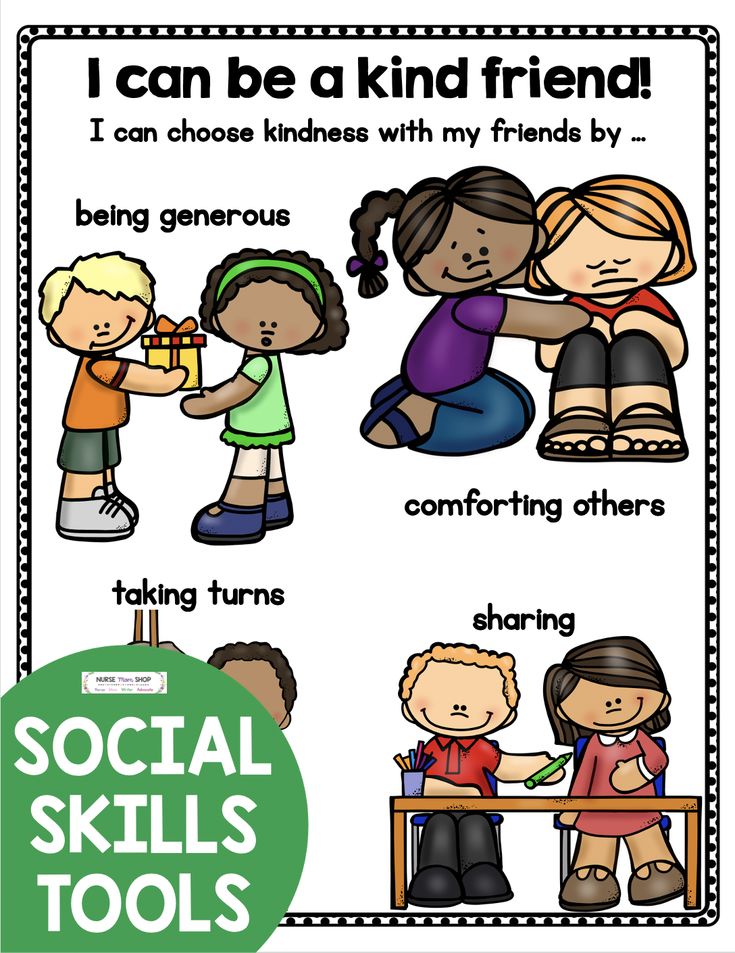
- Do not judge people for views that differ from those of your family but do not affect your well-being. Show your child that the world is very different.
- You can demonstrate to children the basics of a civilized dispute, explain what arguments are, etc. It is advisable to teach this child in kindergarten.
7. Self-confidence
Stable and adequate self-esteem is a quality that not all adults possess.
It is formed under the influence of many factors: relationships between parents, the role of the child in the family circle, the characteristics of the environment that surrounded the child in early childhood.
It is important that the child does not grow up to be either a narcissistic narcissist with fragile self-esteem, or an overly shy person. How can you help your child find balance?
- Praise your child for personal progress: to receive a compliment from parents, it is not necessary to win prizes in school competitions.
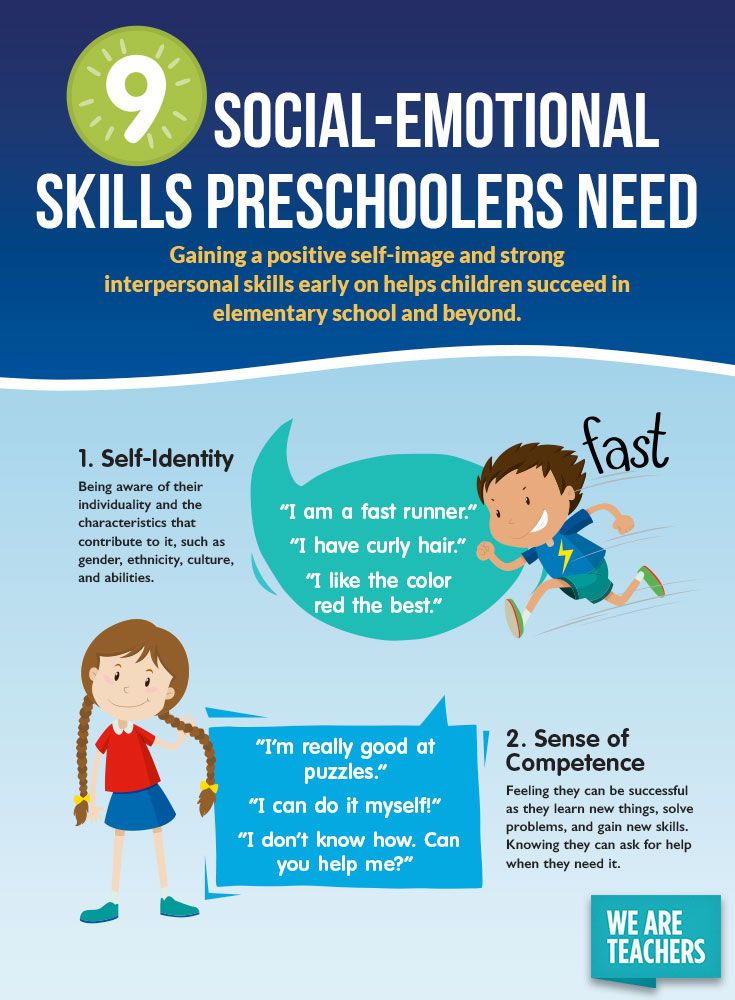 The zeal of the baby, the interest shown and the stamina also deserve praise.
The zeal of the baby, the interest shown and the stamina also deserve praise. - Explain, remind the children that initially they are worthy of respect and love, like all people around.
Social skills will help in many areas of life: in studies, hobbies, friendships, building a reputation in a team. The main thing is to encourage and support children at all stages.
Emotional intelligence for children
We introduce children to the types of emotions, how to manage them and how to express themselves in teamwork, through situational games
learn more
Development of social skills in children
Development of social skills in children prepares them for favorable interaction in all areas of life. Social skills are an essential part of functioning in society. Demonstrating good manners, communicating effectively with others, being sensitive to the feelings of others, and expressing personal needs are very important components of basic social skills. Helping children develop these important skills requires a range of strategies at each stage of development.
Helping children develop these important skills requires a range of strategies at each stage of development.
Steps to develop social skills :
1. Demonstrate social skills to children. Babies enjoy social interaction, which is expressed by their smiles and coos. At this stage, children are aware only of their needs and desires.
Talk to babies . When they cry and make sounds, answer them in your own language. This encourages children to try to talk to you
Encourage them to be considerate of others. By responding to their cries and needs, you teach children to be considerate of the needs of others. Show attention and love. Kissing and hugging are essential for the social development of children. These are the basic needs at this stage of development and one should not think that excessive attention will only spoil the baby. Be calm with children. A crying baby who has kept you up all night may disappoint you. However, exhaling and calming down before taking the child in your arms, you thereby simulate the harmony of the social environment.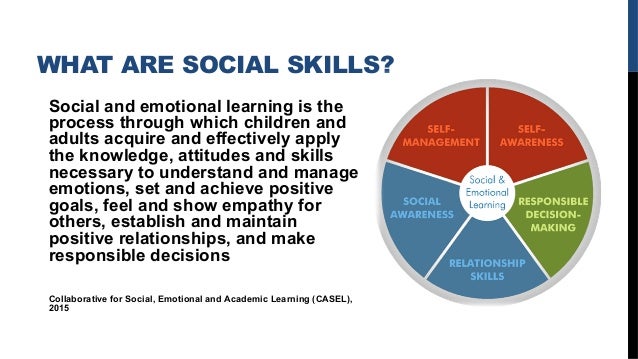
2. Help little ones to respect people and their things. In the infancy stage, babies can say some words and sentences. They tend to play alone and dislike sharing their toys with others. Create a social environment at home. Invite your friends who have children so that the baby gets used to the company of adults and children. Teach toddlers the basics: share toys, gently touch people and pets. Reward good behavior. When toddlers show gentleness and share their toys, praise them.
3. Help preschoolers to expand their circle of friends. Preschoolers can already verbalize their feelings and should be encouraged to make friends with other children. Organize social activities for preschoolers. To enhance your preschooler's social interaction, host parties at home. Visit and invite your neighbors who have children. Teach preschoolers to use their words, not fists. Explain why this is important. Pay attention to how the offended person feels in a fight is child , and teach preschoolers to apologize if they hurt another child.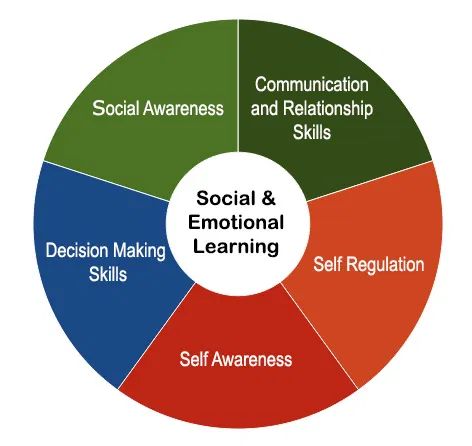
Learn more

